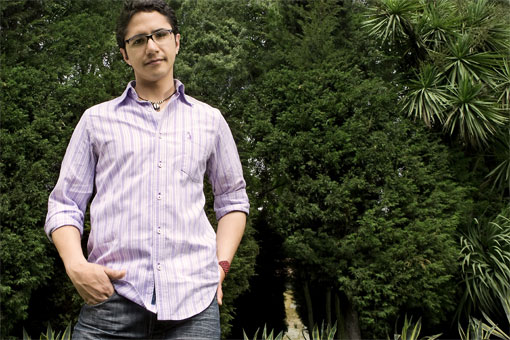From an early age my life has been marked by rupture. When I was five, my father, José Antequera Antequera, was assassinated. My parents were young activists in the Unión Patriótica (UP) party of Colombia. Formed by some of the leaders of the Colombian Communist party, the Revolutionary Armed Forces of Colombia (FARC) and political leaders from liberal and even conservative parties in 1985, the UP’s entry into politics was—at the time—a symbol for a new inclusive political system in which activists could fight for human rights and social justice within the electoral system. However, their movement, like many similar movements in Latin America, was snuffed out. More than 5,000 people who belonged to the UP were murdered by paramilitaries, often with the support of state actors. In 99 percent of the cases, the killers have gone unpunished.
The courage of my parents’ generation was admirable. But it is also important to remember that their work was unfinished—and that what they fought against continues to imperil our country. In Colombia, the government´s historical need to eliminate political opposition has played a key part in a conflict that has already taken the lives of thousands of victims. It is the responsibility of my generation—the survivors—to fill the void left by our parents, to complete their projects and to achieve the justice and peace for which they fought.
That’s why, in 2006, I co-founded the movement Hijos e hijas por la memoria y contra la impunidad (Sons and Daughters for the Preservation of Memory and Against Impunity) to preserve the memory of those activists and to bring their murderers to justice. Similar groups have been established in countries like Argentina, Chile, Uruguay, Peru, Mexico, Guatemala, Spain, and Holland by the children of leftist political organizers whose movements were wiped out in the second half of the last century.
However, our movement is not just about preserving the memory of those who died. It is also about carrying on their politics and recognizing their murder as a disgrace to our country’s democracy. It includes the children of former UP actvists (like myself) but also those belonging to other left-leaning political movements, opposition political parties and critics of the establishment. Among us are children of M-19 activists like Ricardo Villa Salcedo, union leaders like Guillermo Rivera Fúquene (who disappeared in Bogotá a year ago), human rights lawyers like Alirio Pedraza, and also social leaders like Gilma Benítez who have fought for campesino land rights and for those who have been displaced by our internal conflict. Since the violence has not ended, we believe it is important to make clear that the struggle against those who want a more equal, peaceful world continues. But the challenge is even greater because many of my peers have lowered their expectations for political change, and they’ve stopped hoping for what they feel is unobtainable. Unlike our parents, many of my generation have come to think that there is little sense in believing that the future can be different than the present.





